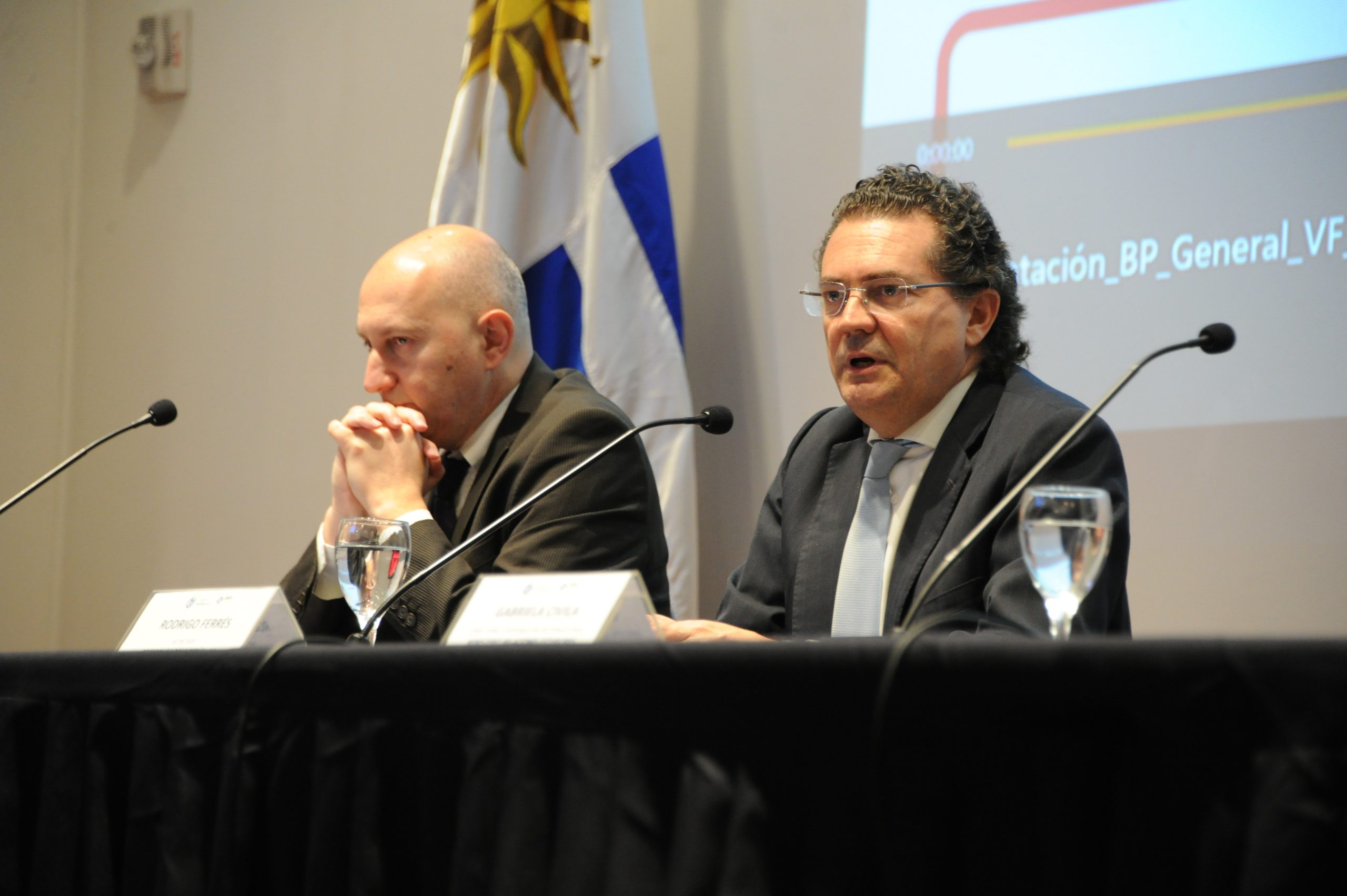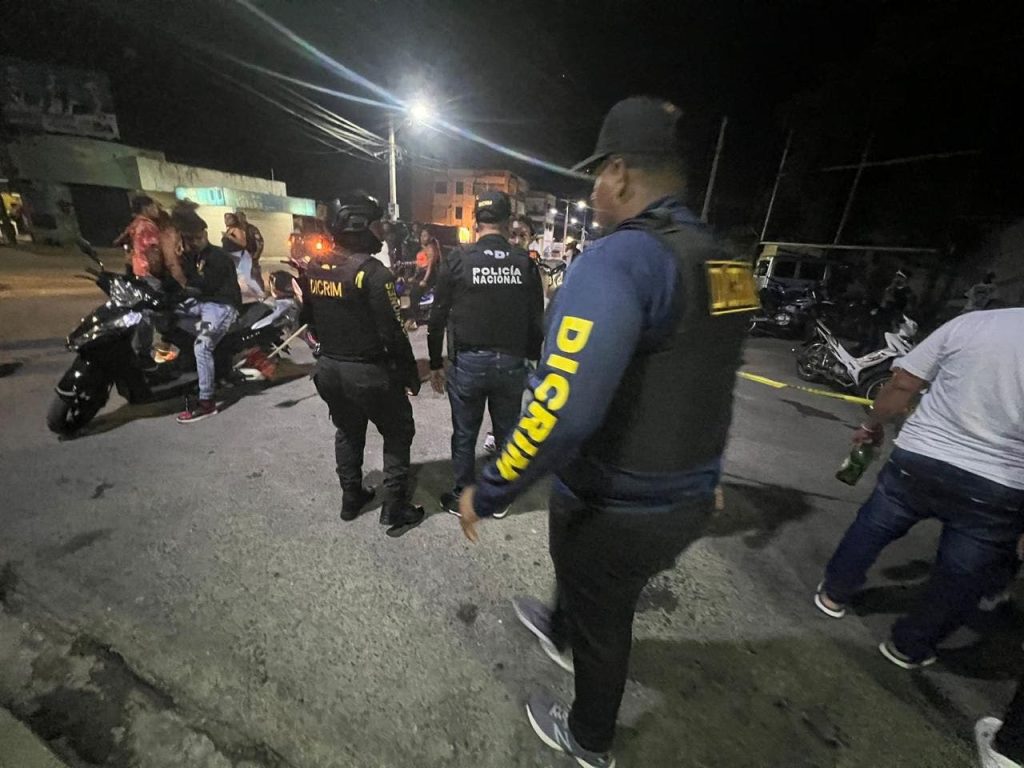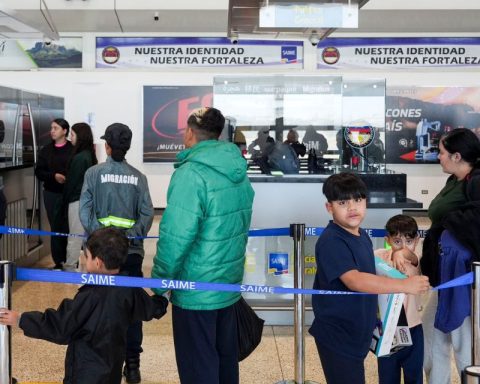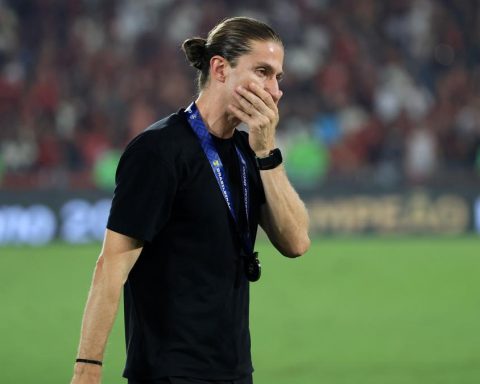Debates, exchanges and reflections help countries build better public policies
During a seminar on international cooperation aimed at early childhood, information society, inclusion and environmental control, the Secretary of the Presidency, Rodrigo Ferrés, highlighted Uruguay’s progress. “International cooperation is essential and is present in social and cultural development, in matters of health, science, technology and innovation,” he said at the beginning of the event.
Ferrés, in his capacity as president of the Uruguayan Agency for International Cooperation (AUCI), considered that the debates, exchanges and reflections among the participants will contribute to countries building better public policies.
The Secretary of the Presidency praised cooperation as a way of integrating States with international organizations and civil society organizations.
The opening was attended by Paolo Berizzi, ambassador of the European Union delegation in Uruguay, and Gabriela Civila, director general of International Cooperation of the Ministry of Foreign Affairs.
In his speech, Berizzi argued that sharing experiences will foster reflection in order to achieve greater social well-being.
“Our approach to cooperation is to promote and strengthen strategic alliances and partnerships with our partner countries to jointly address the challenges we face at the group level,” he stressed.
He also said that the European Union shares priorities and challenges with the Latin American and Caribbean region in terms of social cohesion, the fight against inequalities, security, combating organised crime, digital transition, environmental sustainability and the fight against climate change.
Civila, for his part, stressed that international cooperation, particularly in the form of South-South and Triangular Cooperation (STC) can contribute through the exchange, systematization and dissemination of successful experiences and best practices through technology transfer and mutual support.
He highlighted cooperation as a tool for countries to learn together in favour of sustainable development and the implementation of quality public policies to reduce their structural gaps.
During the event, in the auditorium of the Executive Tower, members of the Executive Branch presented good practices of Uruguayan cooperation. They highlighted the experiences within the framework of cooperation with the European Union. The director of the Agency for Electronic Government and Information and Knowledge Society (AGESIC), Hebert Paguas, spoke about the Information Society Observatory; Cecilia Sena, national director of Social Development of the Ministry of Social Development, referred to the early childhood policies implemented through the Uruguay Crece Contigo program; Gonzalo Baroni, director of Education of the Ministry of Education and Culture, detailed the actions of the Inclusion Articulators in Territory project, and Juan Pablo Peregalli, representative of the Ministry of Environment, spoke about innovations in environmental control.


















